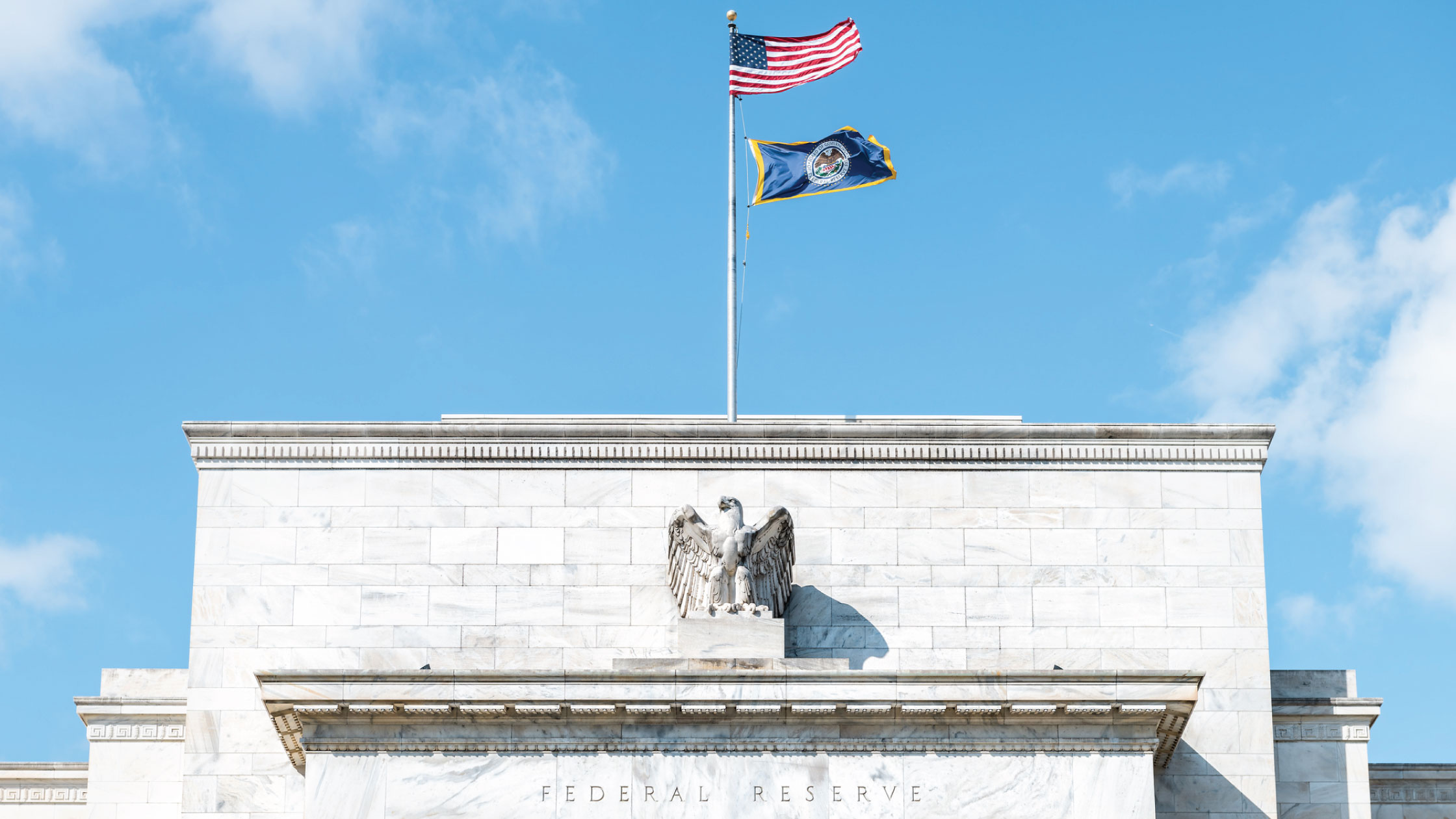The Federal Reserve (Fed) in the US is poised to moderate its aggressive interest rate hikes later today.
The market is expecting a slower increase of 50 basis points (bps), down from the 75 bps per meeting pace they had stuck with since June.
It is still a large increase by historical standards, bringing the Fed funds rate to a range of 4.25% – 4.5%.
We have seen how the rate hikes have affected the stock market in 2022, which is why it is important for investors to understand the relationship between interest rates and the stock market.
So, here’s a brief explanation of how interest rates can impact the stock market.
The Fed funds rate
The Fed manages the inflation using the fed fund rate.
By increasing the Fed funds rate, it attempts to shrink the supply of money available for purchases.
This will make money more expensive to be obtained and, in turn, discourages spending which thereby brings down inflation.
When the Fed decreases the Fed fund rates, it increases money supply and encourages spending by making it cheaper to borrow. This will in turn push inflation higher.
How do rising interest rates affect both businesses and consumers?
When the Fed increases its policy rate, this elevates short-term borrowing costs for financial institutions.
Since it costs more to borrow money for financial institutions, they will also increase the rates that they charge their customers to borrow.
This will lead to higher interest costs for consumers, especially for loans that carry a variable interest rate.
When interest costs increase, consumers will have to pay more for their existing debt, resulting in less disposable income.
With less disposable income, there will be less spending, which eventually affects businesses’ revenues and profits.
In short, businesses will be affected by both higher borrowing costs and the risk of deteriorating consumer demand.
Interest rates and the stock market
In general, investors buy share of companies by looking at their profitability, growth prospects and cash flows.
If a company is seen as cutting back on its growth, or is less profitable due to higher debt expenses or lower revenue, this will lead to a decline in its cash flows.
This will therefore affect the company’s share price in the stock market.
With lower expectations of growth and future cash flows of a company, this could make investing in the stock market less desirable and more risky.
Impact of expectations
While the changes in interest rates usually takes at least 12 months to have a widespread impact in the economy, the stock market’s response is typically immediate as market participants attempt to price in future expectations of interest rates.
However, if expectations differ significantly from the Fed’s actions, a reverse reaction is usually seen.
The relationship between interest rates and the stock market is not direct but the two tend to move in opposite directions.
As a general rule of thumb, when the US Fed raises interest rates, it causes the stock market to go down, as seen in most of 2022.
There is, however, no guarantee as to how the stock market will move since it is also dependent on market expectations and the economic cycle that we are in.
Disclaimer: ProsperUs Investment Coach Billy Toh doesn’t own shares of any companies mentioned.









